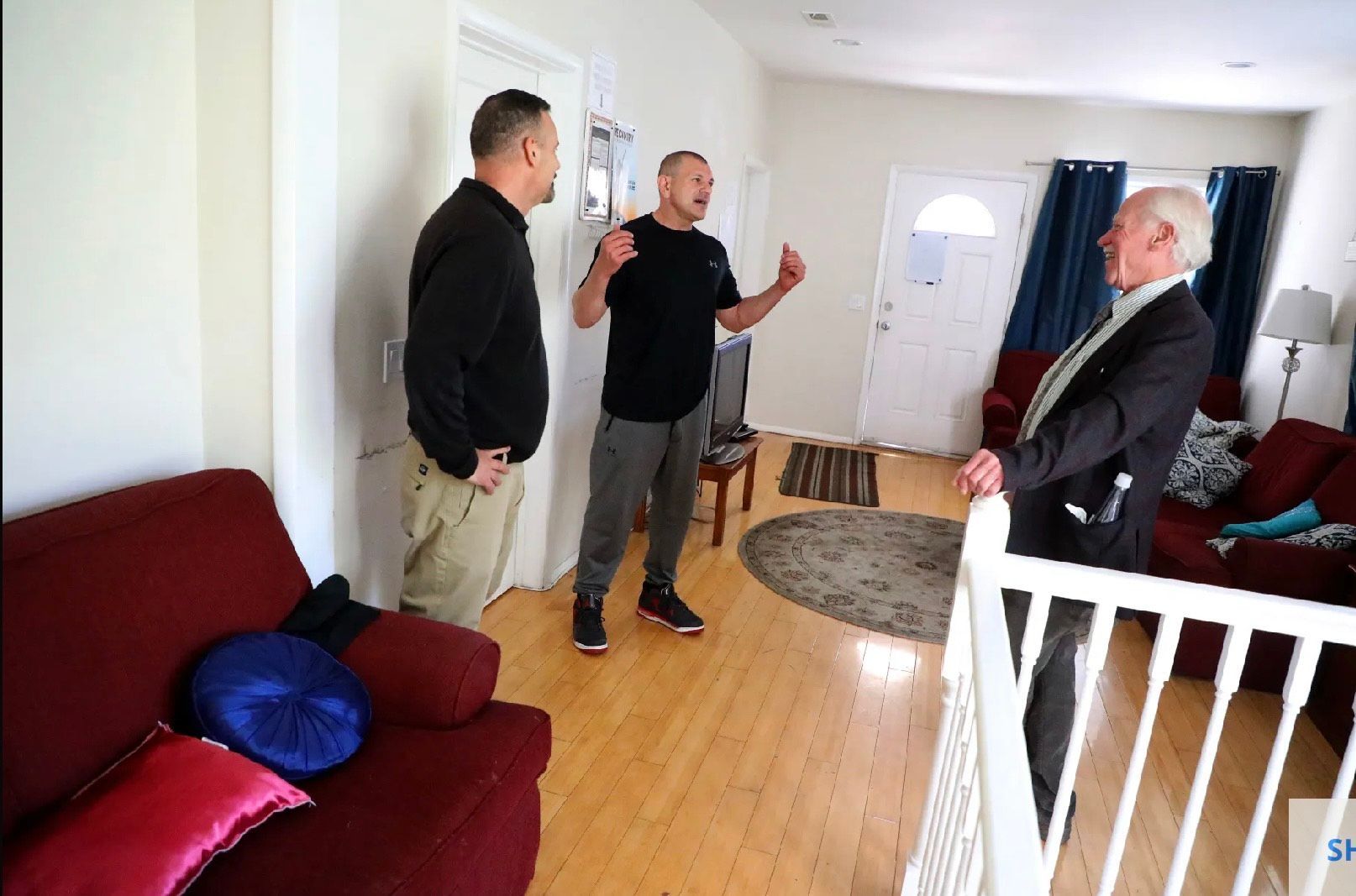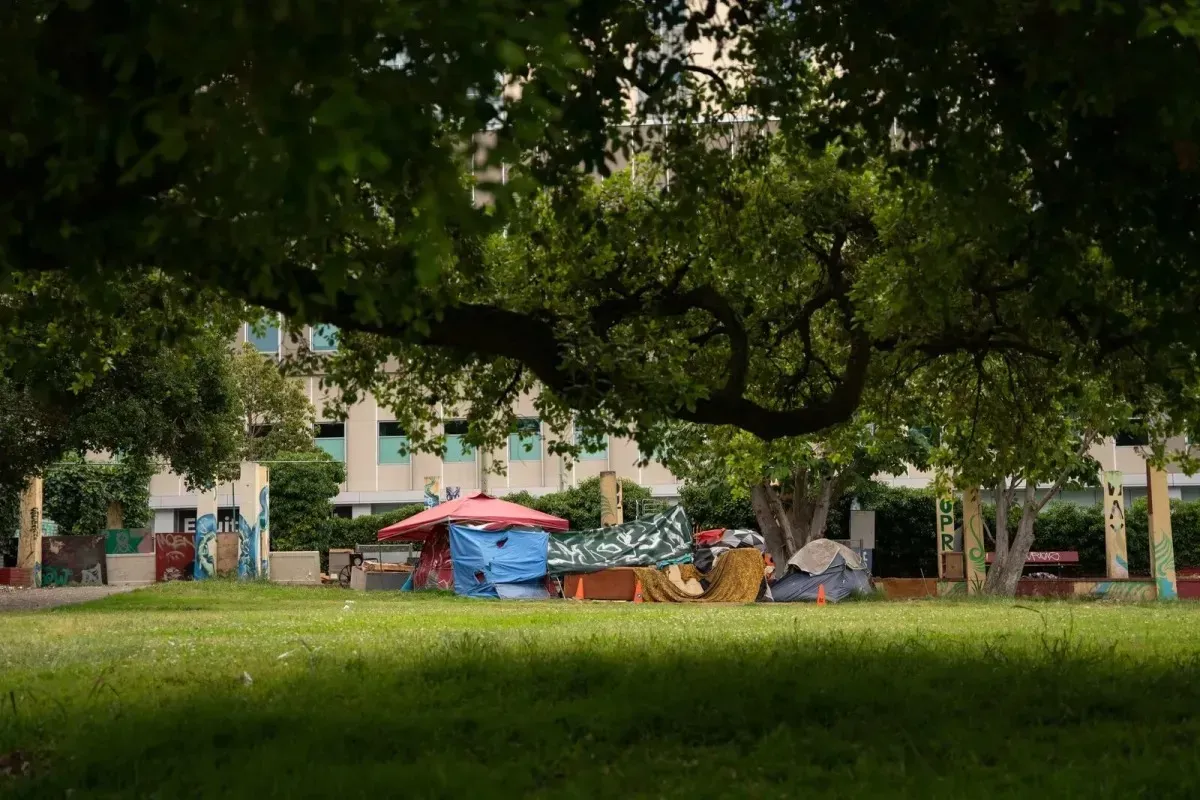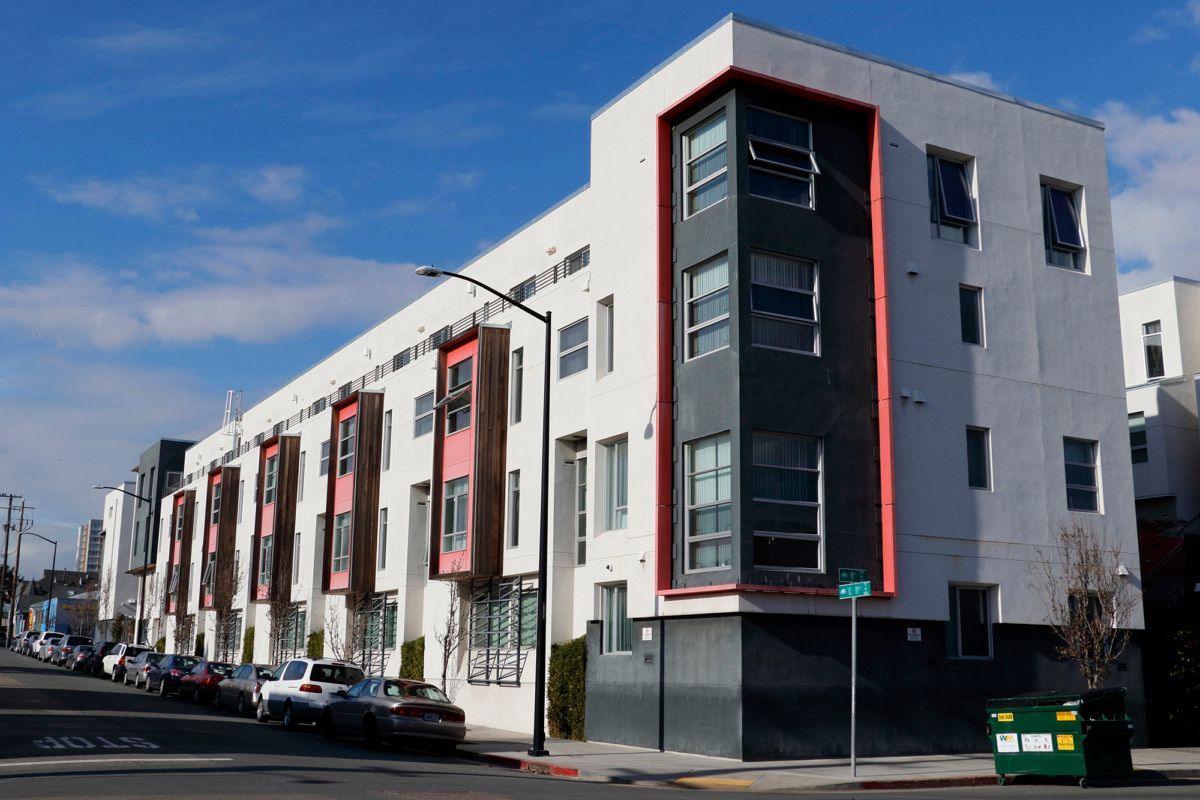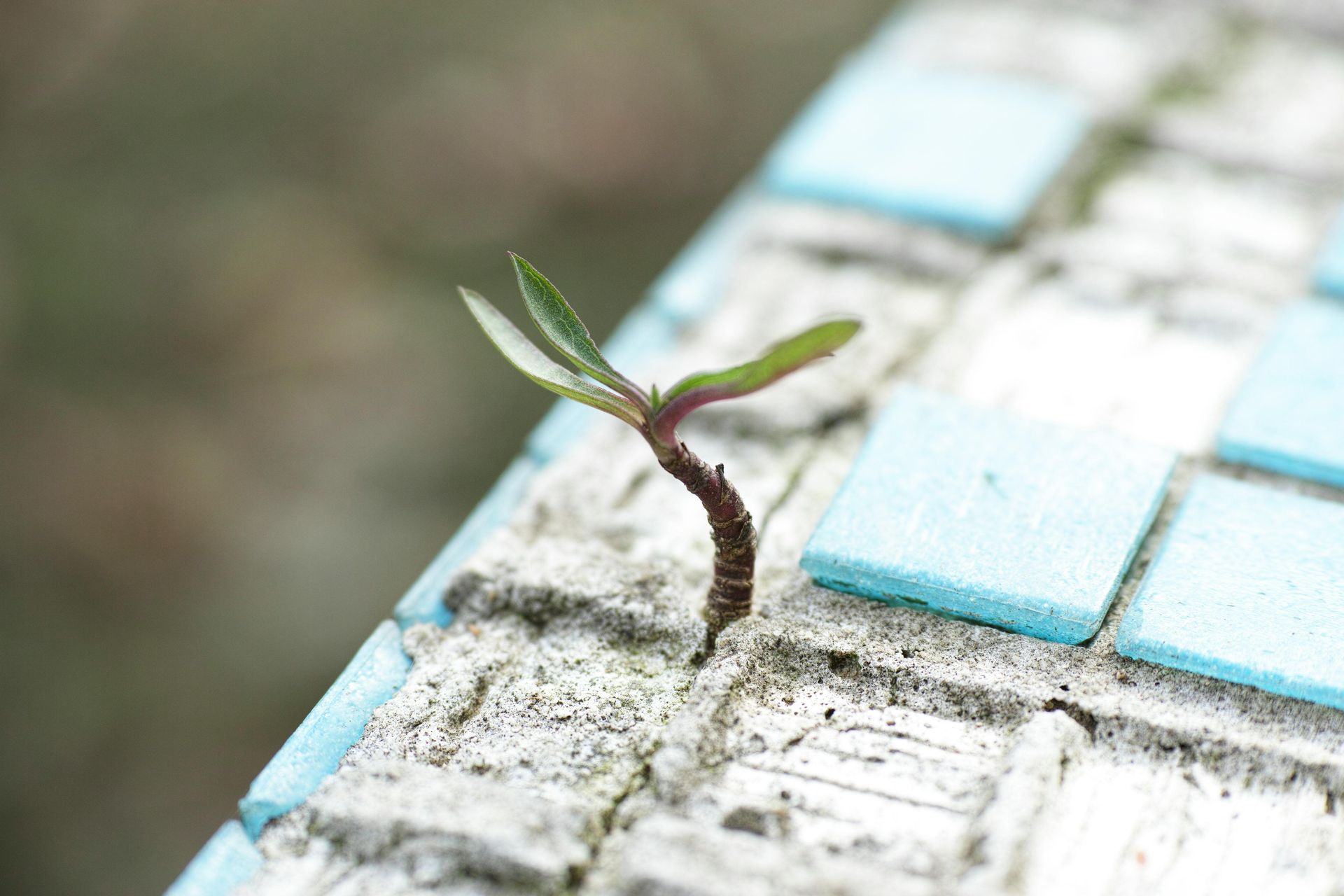Blog

By Ben Hubbert
•
April 2, 2025
People suffering from schizophrenia and certain other mental health diagnoses and substance use disorders will soon have another path to treatment and recovery in Alameda County. On Dec. 2, Alameda County Superior Court and the county’s Behavioral Health Department are launching CARE Court. Named after the Community Assistance, Recovery and Empowerment (CARE) Act of 2022, the court’s purpose is to create a treatment option between voluntariy outpatient care and involuntary care such as emergency psychiatric holds or conservatorship. CARE Court is not a criminal court. It will be a civil court that doesn’t create a criminal record for those who are referred to it. State and local leaders hope that CARE Court will make a dent in the region’s intertwined crises of untreated psychiatric illnesses, homelessness, and incarceration. Family members, health care professionals, mental health workers, first responders and social workers can petition for a person to be considered by CARE Court. A person may also petition for themselves. If the court determines a person qualifies , a judge will order the county Behavioral Health Department to work with the individual to devise a care plan that includes treatments, services, and housing. Unlike many other mental health and substance use disorder treatment services, CARE Court is not voluntary. A judge can order a person to undergo treatment that’s spelled out in a care plan. “This court is designed to provide compassionate, individualized care plans that prioritize treatment, support, and housing, offering a path to recover and stability for those in need,” Judge Sandra Bean, who will preside over Alameda County CARE Court, said in a statement. Disability rights groups have opposed CARE Court on the grounds that it could violate people’s civil rights by compelling them to accept treatment. Disability Rights California, a nonprofit that advocates for disabled people, describes CARE Court as a process in which indivduals can be “dragged into court upon citizen petitions, ordered into treatment, and subjected to statutory penalties for noncompliance when they have done nothing wrong, are not creating a danger to anyone, and are competent to make their own medical decisions.” The group filed a lawsuit last year seeking to block implementation of CARE Courts. A recent KQED review of the counties where CARE courts launched last year found that the number of petitions filed has fallen far short of estimates. State leaders initially said as many as 12,000 people could qualify for CARE Court services every year. But according data obtained by KQED, just 692 petitions were filed through mid-September across the first seven counties that opened CARE courts.







